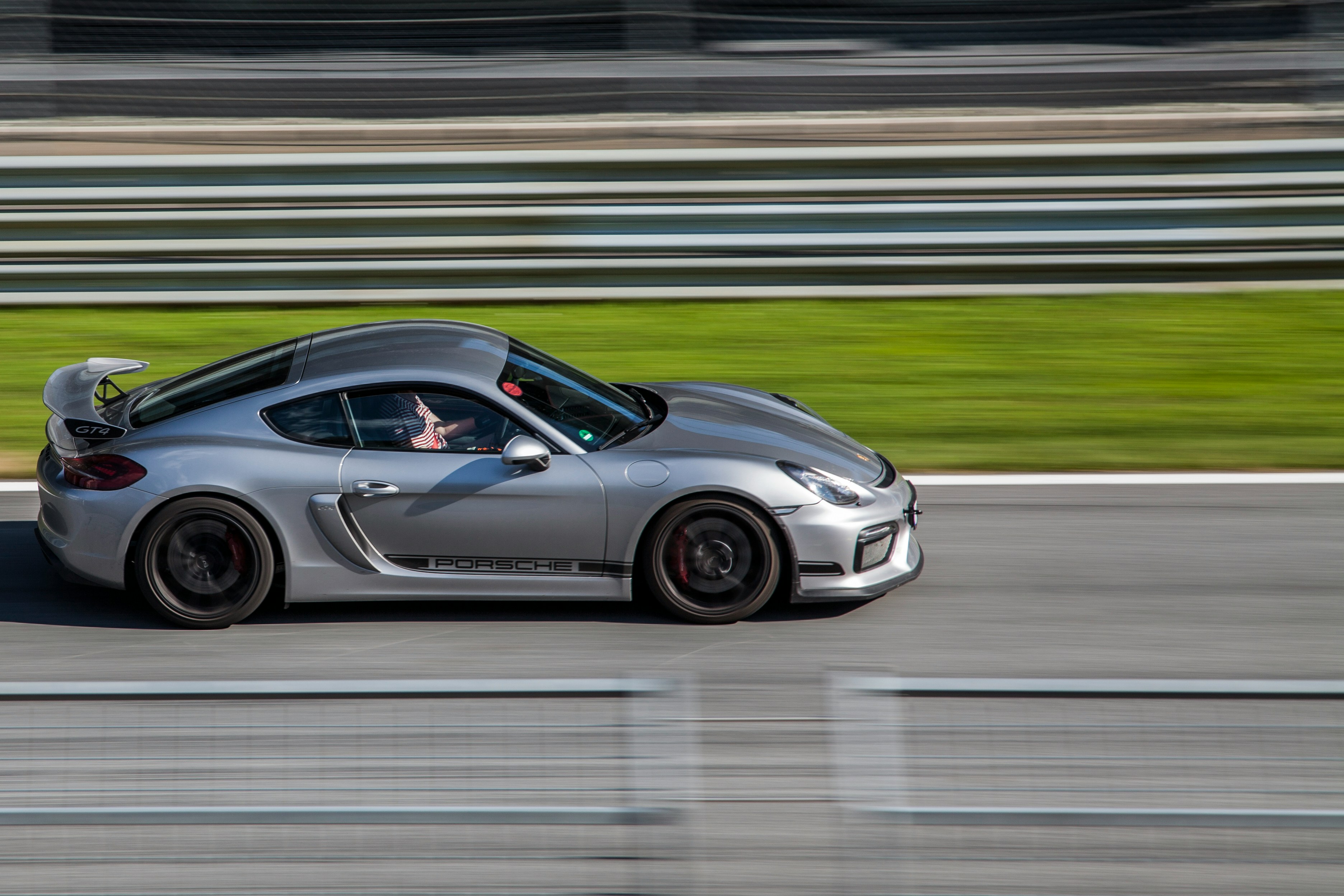Unmasking the Resilience of Diesel Technology in Modern Automotives
Introduction: Gaze under the hood of today's diesel vehicles, and you'll find a world of technological prowess that's far removed from the noisy, smoke-belching machines of yesteryear. This article delves into the evolution and resilience of diesel technology, its enduring relevance, and the role it plays in shaping the future of the automotive industry.

A Stroll Down Memory Lane: The Genesis of Diesel Technology
Diesel engines, named after their inventor, Rudolf Diesel, were first introduced in the late 19th century. Engineered for efficiency and fuel economy, the technology was initially slow to take off in the passenger vehicle market due to its association with commercial and industrial applications. However, with time, advancements in diesel technology have made these engines quieter, cleaner, and more powerful, thereby increasing their appeal to everyday drivers.
Diesel Technology Today: A Symphony of Efficiency and Performance
Diesel engines have come a long way since their inception. Modern diesel technology is characterized by precision-engineered fuel injection systems and turbochargers that boost power output. In addition, advancements in diesel particulate filter (DPF) technology have significantly reduced harmful emissions, making diesel cars more eco-friendly than ever before. Today, diesel engines offer a unique blend of robust performance, fuel efficiency, and longevity, making them a viable choice for many drivers.
Current Industry Trends: Diesel’s Changing Landscape
Despite the growing popularity of electric vehicles, diesel technology continues to hold its ground. The latest trend in the industry is the development of cleaner diesel technologies aimed at meeting stringent emission standards. These advancements, such as the use of selective catalytic reduction (SCR) systems, have drastically reduced the level of Nitrogen Oxides (NOx) produced by diesel engines.
The Impact of Diesel Technology: A Double-Edged Sword
While diesel technology’s efficiency and performance benefits are undeniable, its environmental impact remains a contentious issue. Although modern diesel engines emit less CO2 than their gasoline counterparts, they tend to produce higher amounts of NOx and particulates, contributing to air pollution. The challenge for automakers is to continue refining diesel technology to minimize these emissions without compromising performance.
The Road Ahead: Diesel’s Place in the Future of Automotives
Despite the challenges, diesel technology is far from obsolete. Automakers are investing in advanced diesel technologies that promise cleaner, more efficient engines. For instance, innovations like bio-diesel and synthetic diesel are paving the way for more sustainable and eco-friendly diesel engines.
In conclusion, the journey of diesel technology is a testament to the automotive industry’s resilience and ability to adapt. As we move towards a more sustainable future, the role of diesel technology continues to evolve, striking a balance between performance, efficiency, and environmental considerations.




